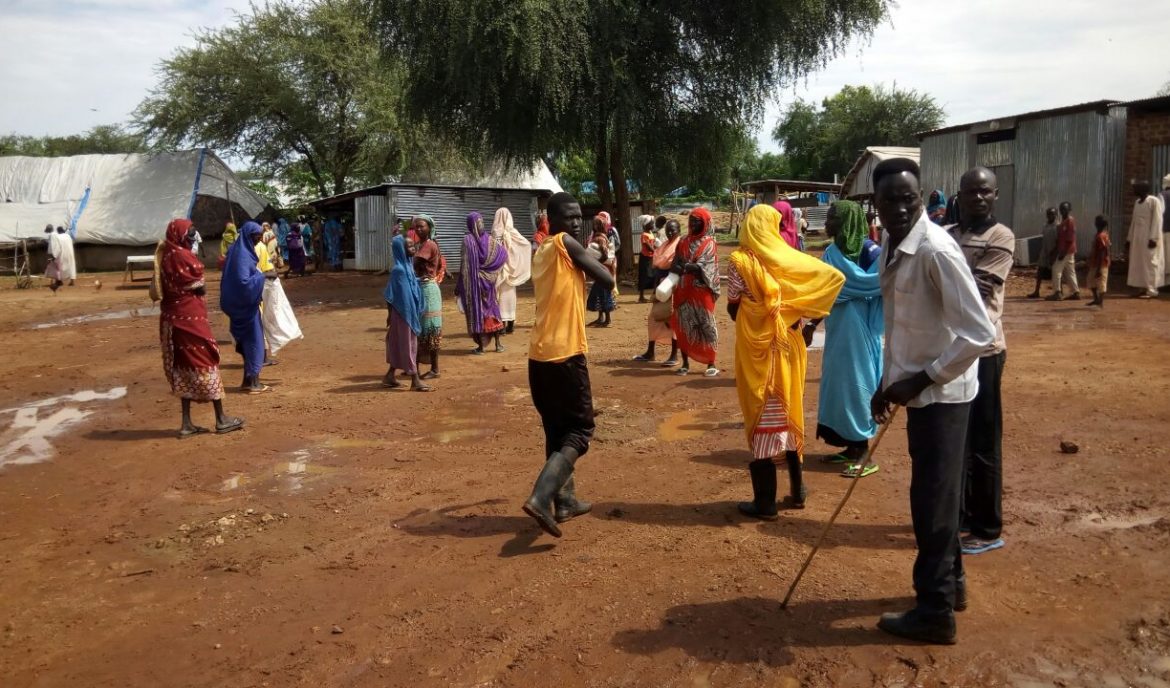SUDAN INSIDER |
This news summary is part of our Sudan Insider, a monthly newsletter providing
news and analysis on Sudan’s biggest stories.
Subscribe here to receive the Sudan Insider in your inbox.
…………………………..
SPLM-N political insecurity in Blue Nile continues, affects citizens
What happened…
Internal fighting between factions within the rebel SPLM-N in Blue Nile subsided to some extent in July compared to previous months. Political tensions continue, however, between supporters of the former deputy chairman Abdelaziz Hilu and former chairman Malik Agar. Nuba Reports has documented in July at least three cases of fighting in Blue Nile State.
The latest cases of violence in Blue Nile State appear to be less driven by SPLM-N leadership but more SPLM-N factions working autonomously. Both leaders have largely advocated for peace and reconciliation. On June 14, Agar called on the SPLM-N for an end to the violence and tasked a committee in Blue Nile to investigate the perpetrators of the violence and provide assistance for the victims of these incidents. On July 23, Hilu extended an olive branch to Agar, inviting him to attend and lobby for a leadership role during the General Conference, the movement’s highest forum.
Others, however, appear to be intent on dividing the rebel movement. A July 23 statement by General Ahmed El-Oumda accused the SPLM-N in Nuba Mountains of “taking advantage” of the rebel movement in Blue Nile and called on SPLM-N members in Blue Nile to reject the newly appointed leadership.
The SPLM-N leadership rift began in late March after a resignation letter issued by Hilu was leaked to the public. The letter questioned the democratic credibility of Agar and Secretary-General Yasir Arman, accusing them of controlling the rebel movement arbitrarily and not representing the movement vis-à-vis the AU-brokered peace talks.
The two regional rebel political groups, the Nuba Mountains Liberation Council and the Blue Nile Liberation Council, appointed Hilu as SPLM-N Chairman earlier this year, dismissing former SPLM-N Chairman Malik Agar and Secretary-General Yasir Arman. There are many elements, however, within Blue Nile State who supports the former leadership.
What it means…
The fractures within the SPLM-N movement in Blue Nile continue to fall along ethnic lines. Commanders and political leaders loyal to Agar and the former leadership predominantly emanate from the Angassana tribe while other supporters of rival commanders belong to other ethnic groups, including the Uduk people.
The politically charged ethnic divisions in Maban refugee camp have induced tribes to relocate to alternate camps within the four-camp refugee structure in Maban. The Ingassana have relocated to Yusuf Batil, Kaya and Gendrassa camps in Maban, for instance, where their tribe represents the majority. Ingassana have left Doro camp, which is home to other ethnic groups, aid workers said.
Some of those in Blue Nile State who support the new leadership under Hilu stem from perceived ethnic favouritism within the SPLM-N structure under Agar.
There is disconcertion among some Blue Nile SPLM-N members, however, regarding Hilu’s stance towards self-determination with some actors misinterpreting his position. Hilu supports the right to self-determination as a condition for future peace negotiations. While the priority is for fair unity, Hilu told Nuba Reports, he calls for voluntary unity as a principle.
The ongoing SPLM-N dispute and decreased rainfall since last month will likely reduce agricultural activities. According to the South Kordofan-Blue Nile Coordination Unit, an organization that monitors food insecurity and displacement in the two areas, market prices have increased between 33 and 167 percent since the violence erupted in May.
Health conditions are also deteriorating in Blue Nile State due to a lack of medicine during the rainy season –a time the region will likely see a spike in malaria and other water-borne diseases, aid workers told Nuba Reports. The rainy season, similar to the Nuba Mountains, muddies roads making them intractable in Blue Nile State, blocking civilians relocating to the medically better-equipped refugee camps in Maban.





